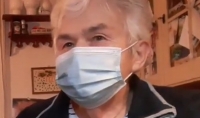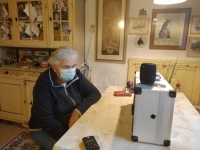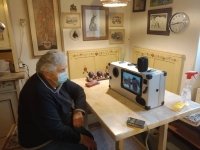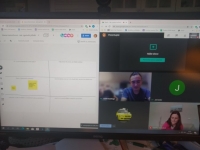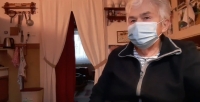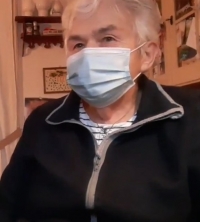I can’t be different

Download image
Alena Heinrichová, née Staňková, was born on July 12, 1943 in the town of Loděnice near Beroun. After the end of the war, her family moved to Ústí nad Labem to settle on the border. In Ústí, the family experienced attacks by so-called werwolfs. Alena has been interested in horses since she was a child, and she went to study at the University of Agriculture in Prague. After graduating, she started working as a farm technician in a farm in Řehlovice. In 1976 she returned to Loděnice. Since 1989, she has led a unified agricultural cooperative (collective farm) in nearby Cháňava. Alena perceives the Velvet Revolution and subsequent restitution negatively. Alena Heinrichová is still a member of the Communist Party and works in the Loděnice City Council.
